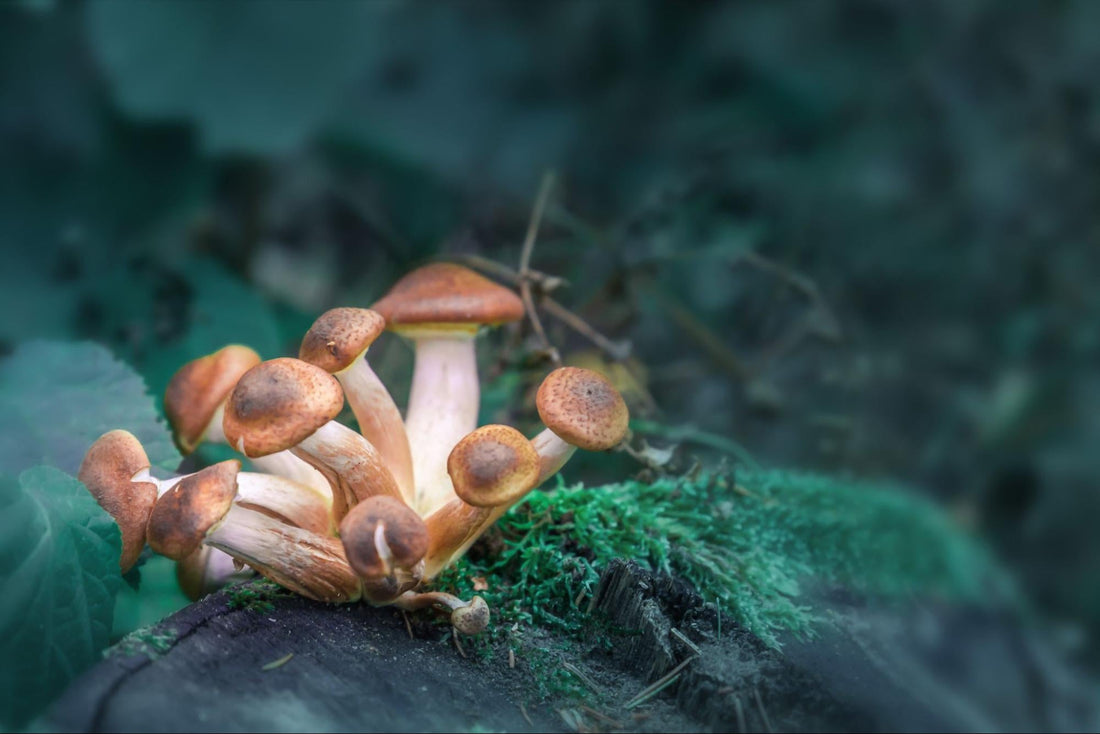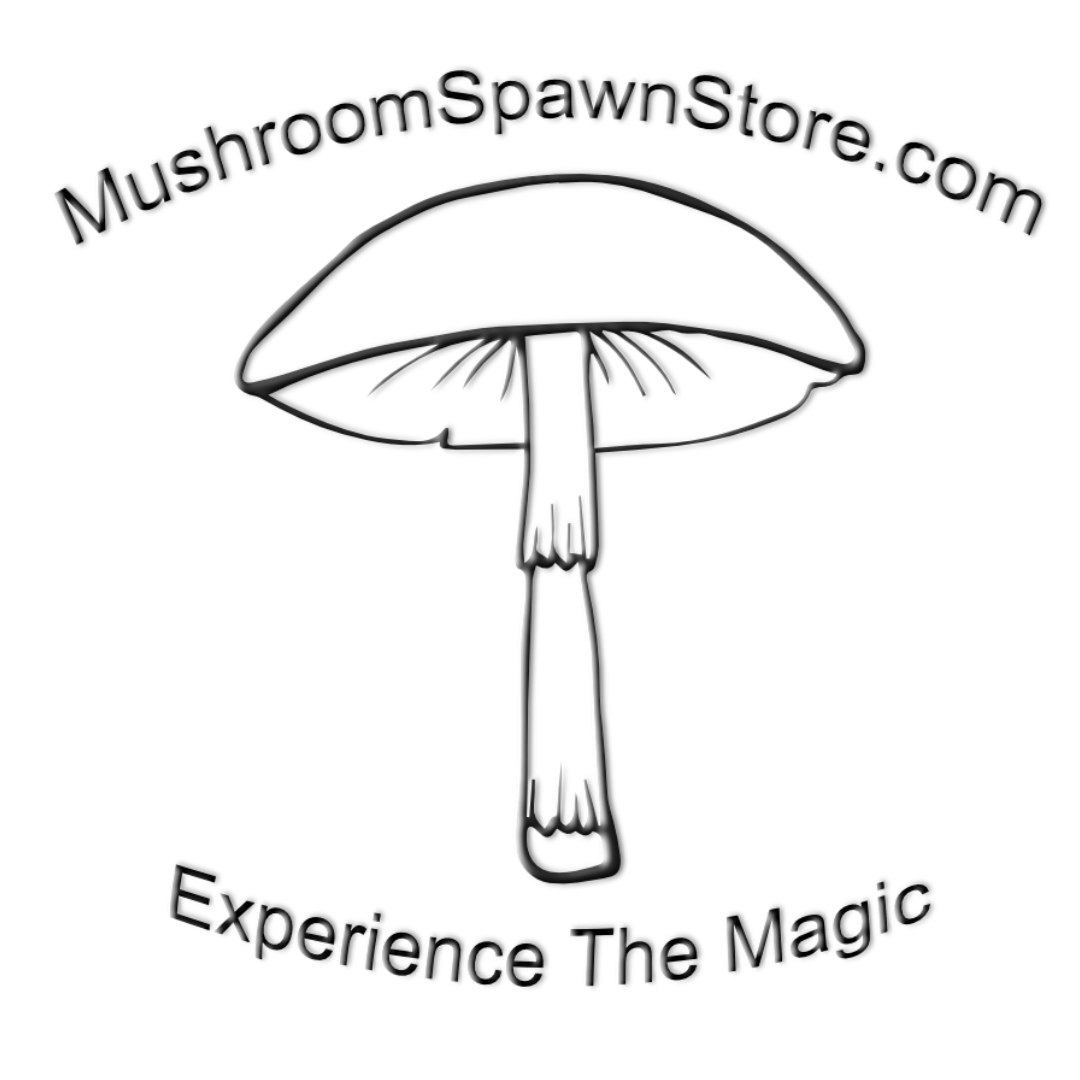Psilocybin is the newest hype in the mycology world - but what are they, and what are their effects? Found in over 200 mushroom species, including the genus Psilocybe, this is the naturally occurring psychoactive compound found in specific mushrooms.
Psilocybin is a serotonin agonist, meaning it binds the serotonin receptors in the brain, producing a range of psychedelic and hallucinogenic effects.
What are the long-term effects of Psilocybin?
From physiological to psychological effects - Psilocybin has numerous long-term effects. We have created an easy-to-understand table for you below:
|
Physiological Effects |
Psychological Effects |
|
Impact on brain chemistry: psilocybin can affect the Serotonin system. |
Emotional well-being and mental health: while mushrooms have been explored for their potential therapeutic benefits, it is crucial to acknowledge that long-term use may have implications for emotional well-being. Some individuals may experience increased anxiety, depression, and symptoms of psychosis. |
|
Hallucinogen Persisting Perception Disorder (HPPD): involves perceptual changes that persist for weeks or even months following the use of psilocybin. Although rare, individuals with HPPD may experience recurring visual disturbances, such as seeing halos or geometric patterns when not under the influence of mushrooms. |
Impact on personality and behavior: some users have reported positive changes, such as increased openness to creativity and spirituality, whilst some can develop a compulsion to mushrooms and the desired experience. |
|
Flashbacks: Associated with flashbacks. These experiences involve the sudden recurrence of intense sensory perceptions and emotions. |
Addiction: generally considered to have a low potential for addiction compared to other stimulants, dependence on the psychedelic experience can develop. |
Read more about Mushroom Substrates
How long does Psilocybin stay in your system?
Psilocybin can be detected in urine tests up to 24 to 48 hours after use. However, if you are a chronic or consistent user of psilocybin, it can be detected up to 3 days after use.
Can you microdose Psilocybin?
Microdosing is said to bypass the more extreme and adverse effects of psychedelics. Some people have suggested that microdosing improves mental health, reduces anxiety, and may provide more focus during the day.
You can microdose on psilocybin, but side effects are dependent on the dose of psilocybin and sensitivity to the mushroom.
Is Psilocybin addictive?
Research suggests that psilocybin does not typically lead to addiction.
Discover our entire mushroom product offering
Where is Psilocybin legal?
Before you purchase any Psilocybin mushroom, you should also check your state’s legislation. Currently, in 2025, Psilocybin is legal for supervised therapeutic use in Oregon and New Mexico, whilst Tacoma and Washington have decriminalized natural psychedelics.
-
Oregon: The state passed a ballot initiative in 2020 to make psilocybin legal for mental health treatments in supervised settings. This is the first state in the USA to pass this initiative.
-
New Mexico: The governor signed a bill into law to establish a therapeutic psilocybin program.
-
Tacoma, Washington: The city council decriminalized natural psychedelics, including psilocybin.
-
Colorado: The state has issued the first licenses for medical-assisted use of psilocybin.
What are the potential risks of using Psilocybin?
There are a few potential risks when using Psilocybin, but these effects are:
-
Changes in mood
-
Light-headedness
-
Anxiety and panic attacks
-
Paranoia
So, Is Psilocybin Worth It?
When it comes to psilocybin, each mushroom type has its benefits, but also challenges. You should consider all factors before you start your journey with mushrooms, and also seek out the correct information of state legislation.




